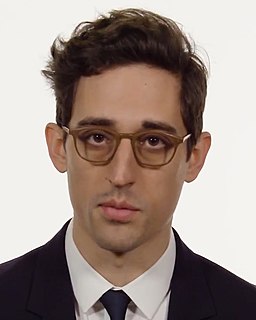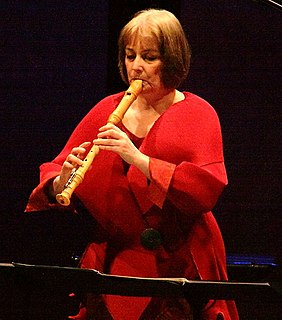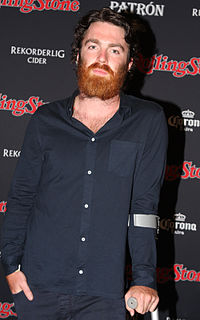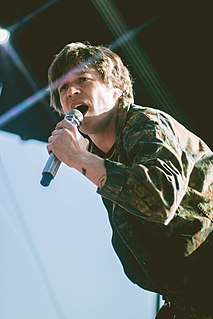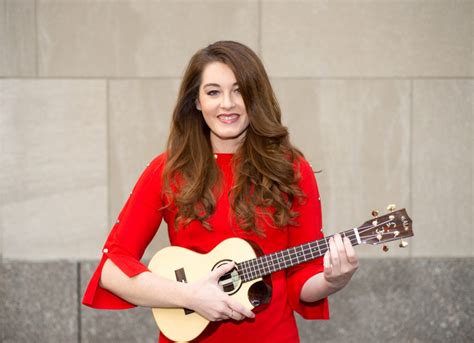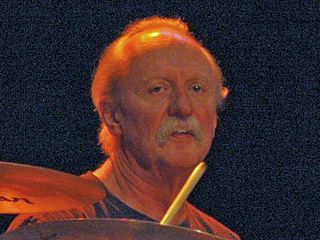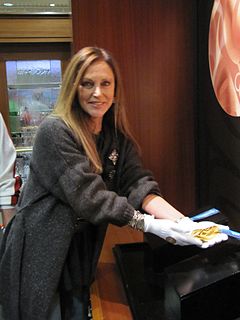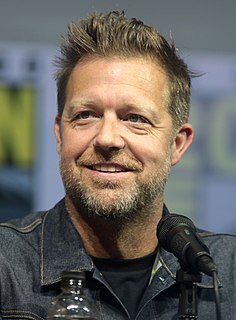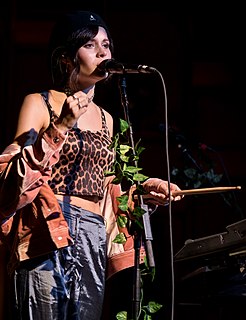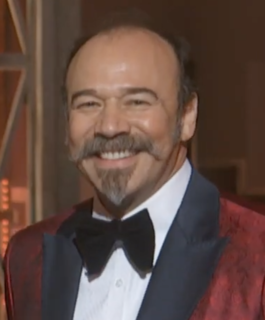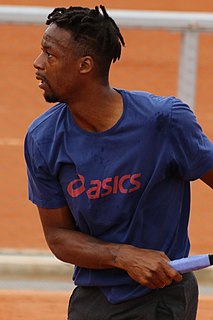A Quote by Justin Peck
I try and create choreography that's in conversation with the music that the audience is hearing.
Quote Topics
Related Quotes
Most people say that Asian or female artists should be sexy in America, but I don't think that I have to be like that. I have a tomboy style. My choreography is not that way. So, I want to focus on my music style to match the choreography, which is really cool. No girls can dance those moves. I try to make them really fresh.
This conversation with the audience has been going on since, what, '72, '73... Sometimes it's like a conversation after dinner with friends. You're in a restaurant, and you got there at 8 o'clock. Suddenly, you realize it's midnight. Where did the time go? You're enjoying the conversation. It's sort of a natural, organic conversation.
